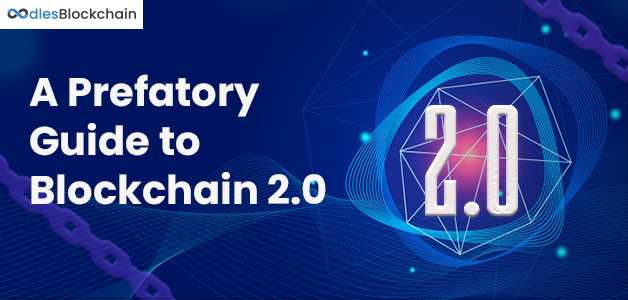Transitioning from Blockchain 1.0 to Blockchain 2.0

Blockchain is best recognized as a complex and somewhat enigmatic technology that enables the online exchange of cryptocurrencies without the aid of banks or other middlemen. But in recent years, blockchain app development has also been marketed as the answer to a variety of corporate problems, including supply-chain monitoring, fraud control, and identity verification. Despite all the hoopla, though, business applications for blockchain are still largely hypothetical. A few early adopters in the retail and other industries are investigating blockchain-based business applications for supply-chain management and other procedures, while the majority are hesitant to move forward due to high costs, ambiguous returns, and technological challenges. In this blog, you'll find how blockchain 2.0 brings idea of decentralization through Smart Contracts and how it differs from the blockchain 1.0 version.